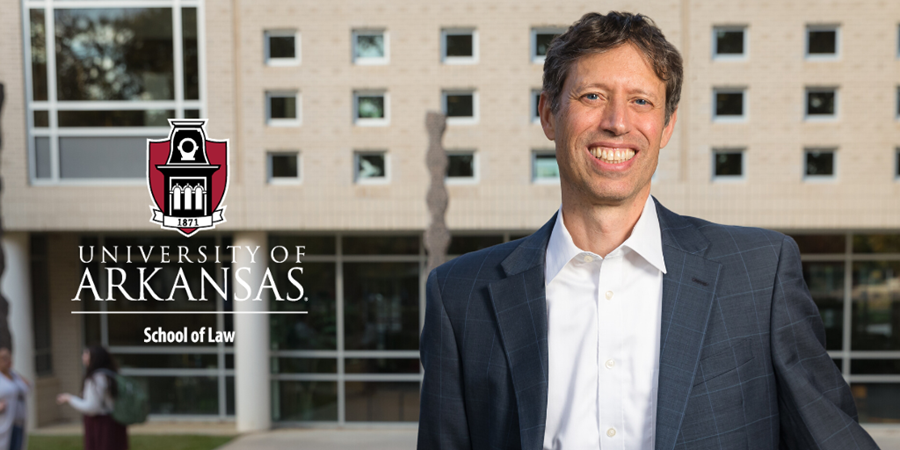Laurent Sacharoff, professor of law and associate dean for research and faculty development, has published a new article, "Criminal Trespass and Computer Crime," that appears in the latest issue of William and Mary Law Review.
The article examines the Computer Fraud and Abuse Act, or the CFAA as it is better known in legal circles, which criminalizes the simple act of accessing another person's computer without authorization. The CFAA, which is currently under review at the Supreme Court of the United States, has come under heavy criticism from courts and scholars because it is ambiguous when applied to everyday practice and social media websites' terms of service. The article poses the question, if Facebook's terms of service prohibit users under 13 years from having accounts, should a 12-year-old who creates an account be guilty of a federal crime?
Sacharoff agrees with the courts and scholars and thinks this is an area of grave concern but disagrees with the way they have sought to limit the statute. According to Sacharoff, the courts' and scholars' interpretation of the CFAA merely reflects their desire to rewrite a law they do not like.
Sacharoff shows that the remedy to unjust applications of the CFAA lies elsewhere in its language. Any violation under the statute has to be done knowingly. Most people might gain access to a platform without authorization or violate its terms of service, but they rarely know that their access lacks authorization. Those people would therefore not be guilty of a federal crime. Sacharoff's contribution promises to lead courts toward a far simpler interpretation and application of the CFAA.
Contacts
Daniel Bell, faculty services and outreach librarian
School of Law
479-575-8697, dlb021@uark.edu
